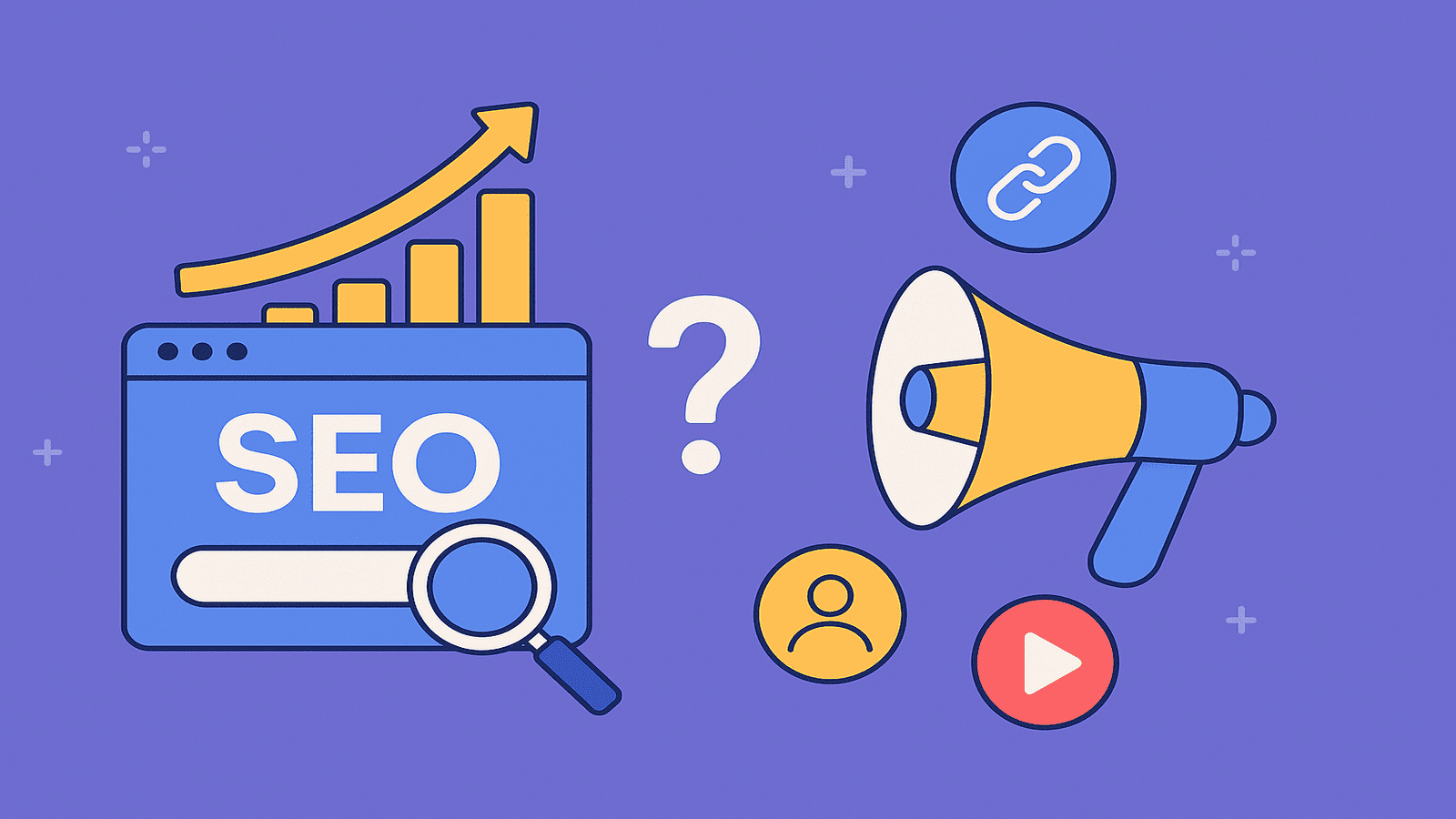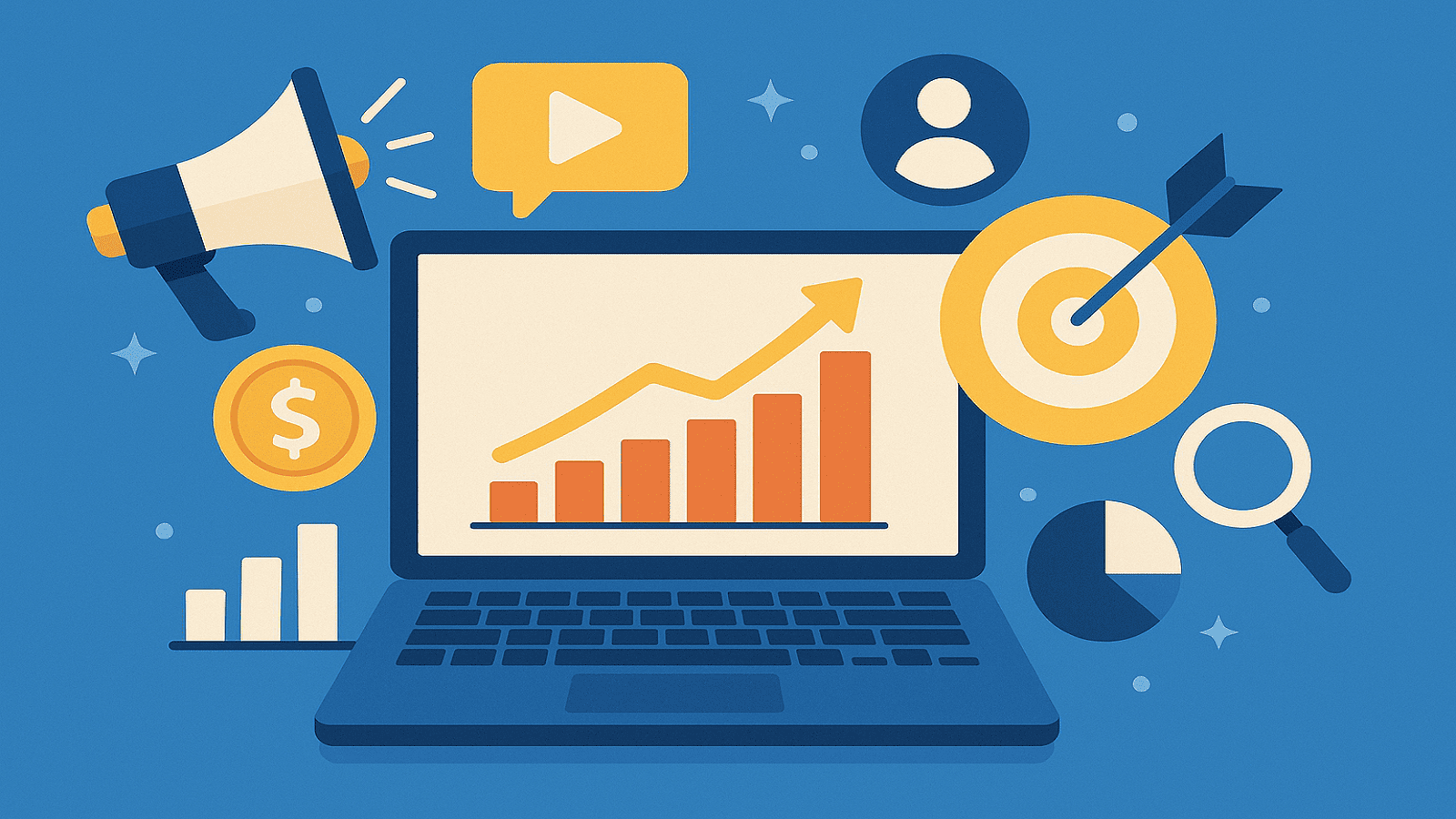How Website Speed Affects SEO
The Importance of Website Speed in SEO
Website speed is a critical factor in search engine optimization (SEO), as it directly impacts user experience and visitor retention. When web pages are slow to load, users are more likely to leave and seek alternatives, increasing the bounce rate.
This has a negative impact on search engine rankings, as search engines like Google prioritize websites that offer a smooth and fast user experience.

Additionally, loading speed itself is a ranking factor—search engines reward well-performing sites with better visibility. Therefore, site speed must be an integral part of any SEO strategy.
There is also a strong connection between website speed and conversion rates. Studies show that faster-loading pages lead to significant increases in conversions, whether in the form of purchases, signups, or clicks.
Users are more responsive to websites that offer high performance and fast response times, which builds trust and encourages engagement. As such, improving website speed is not just optional—it’s a strategic necessity.
Understanding the relationship between site speed and SEO makes it clear that investing in performance optimization is essential for any website.
Although improving load time may require effort and resources, the benefits it yields far outweigh the costs. Providing the best possible user experience boosts your competitive edge online, making website speed a non-negotiable factor.
How to Measure Website Speed
Measuring website speed is a crucial step in optimizing overall performance and improving SEO. There are many tools available that can analyze your website’s loading time and provide detailed reports for improvement.
One of the most well-known tools is Google PageSpeed Insights, which offers comprehensive performance analysis for both mobile and desktop versions of your site.
PageSpeed Insights evaluates metrics such as page load time, server response time, and content delivery efficiency. You simply enter your site’s URL, and the tool generates a report with scores and improvement suggestions—many of which are actionable and easy to implement.
Another popular tool is GTmetrix, which combines Google PageSpeed and YSlow analyses. GTmetrix provides in-depth details on elements like image sizes, the number of requests, and load times.
It also allows you to schedule regular performance tests, helping you track changes over time and catch issues early.
To properly interpret these reports, you should familiarize yourself with key metrics such as page load time, DNS lookup time, and server response speed. Understanding these data points enables you to develop an effective strategy to enhance your site’s speed, positively affecting both SEO and user satisfaction.
Strategies to Improve Website Speed
In today’s internet era, website speed optimization is vital for SEO and user satisfaction. There are several strategies website owners can implement to improve loading speed and enhance their SEO rankings.
-
Optimize Image Sizes
Large images are a common cause of slow-loading pages. By compressing images and using modern formats like WebP, you can significantly reduce file sizes without compromising quality. Implementing lazy loading ensures that images load only when they appear in the user’s viewport, improving initial load speed.
-
Leverage Browser Caching
Caching allows temporary storage of data for returning visitors, reducing the need to reload content every time. Plugins like WP Super Cache or W3 Total Cache are great solutions for WordPress sites to implement caching effectively.
-
Minimize HTTP Requests
Reducing the number of scripts, stylesheets, and external resources being loaded can improve speed. Combine and minify CSS and JavaScript files to streamline requests and reduce load times.
-
Clean and Optimize Code
Eliminate redundant code and ensure scripts execute efficiently. Clean, optimized code results in faster response times and improved site performance.
By systematically applying these strategies, website owners can greatly improve their site speed and thus their chances of ranking higher in search engine results. This investment leads to better performance, improved SEO, and greater user satisfaction.

The Future Impact of Site Speed on SEO
Website speed has already become a core factor in SEO strategies, and its importance is only expected to grow. Search engines like Google continue to refine their algorithms to prioritize performance and user-centric experiences.
Slow-loading sites not only suffer in rankings but also struggle to maintain user engagement. As mobile usage continues to rise, speed becomes even more crucial.
Websites that perform well will outpace competitors, as users prefer faster platforms for accessing information. Therefore, investing in technologies that enhance site speed, such as image optimization, caching, and content delivery networks (CDNs), is now more critical than ever.
Emerging technologies like AMP (Accelerated Mobile Pages) reflect this trend. AMP is designed to dramatically improve mobile page load speeds, offering users a better browsing experience.
As search engines increasingly prioritize user experience metrics, it is essential for websites to adopt modern performance optimization techniques to remain competitive and achieve long-term SEO success.








موضوع في غاية الأهمية! العنوان الجيد مش بس بيشد الانتباه، كمان بيرفع ترتيب الصفحة في نتائج البحث.
Smart and strategic — page speed optimization is one of the most effective ways to boost site performance instantly!